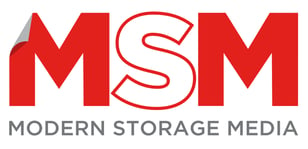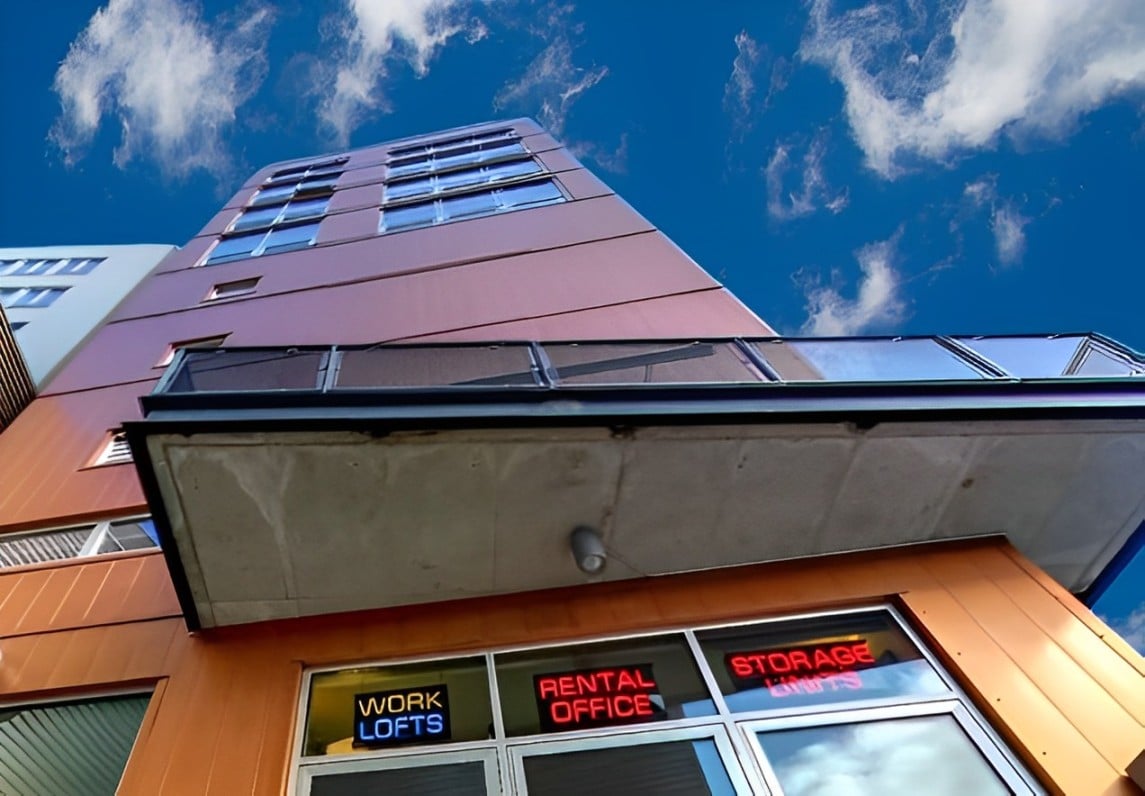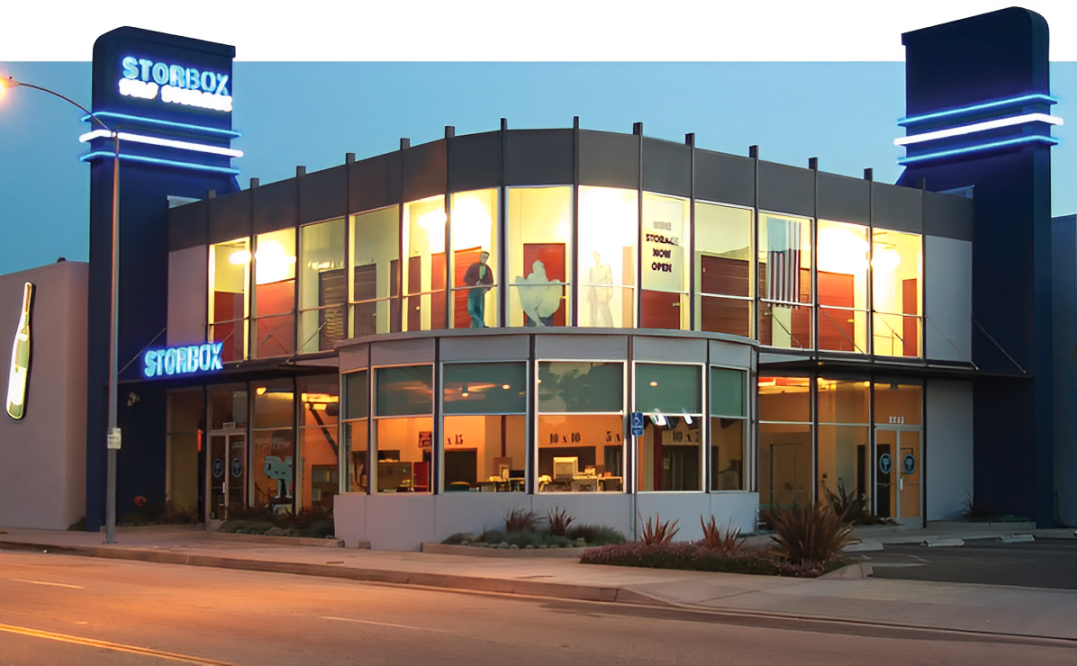Understanding Backlinks
What are They and Why are They Important?
The self-storage industry is getting more competitive every day. For most storage owners, it’s imperative to rank well in local search. There are many components to ranking high in the search results. Keyword optimization, click-through rate, domain authority, review signals, social signals, and more factor into to how your website ranks. But at the top of the list are link signals. According to the most recent Moz.com survey, this is the number one factor in local organic ranking.
What are link signals? Link signals refer to links from other sites to yours. In the search world, these are also referred to as backlinks or inbound links. There are several types of backlinks, and each has a varying degree of importance.
Editorial Links
Editorial links are the cream of the crop in terms of links. These are the most natural of backlinks, because they usually take the form of a mention in an article on an influential website. This could be a news article about construction projects in the city that mentions your latest self-storage facility. Another example could be a piece of content you’ve created on your site that is picked up and referenced in an article. Say you wrote a press release on a study you did that found that 40 percent of self-storage customers have contemplated living in their storage unit. This could be picked up by newspapers or other publications writing stories on the proliferation of self-storage in the U.S. What’s important to know about these links is the higher the domain authority of the referring site, the more valuable the link is as a ranking factor. Domain Authority (DA) is a ranking score developed by Moz.com. Websites with a large volume of high-quality backlinks have a higher DA than websites with fewer backlinks.
Guest Post Links
Another way to develop backlinks is to write guest post articles. Many websites—whether they’re industry sites or topical blogs–are continually looking for content to publish to keep their site fresh. For industry sites, contact their marketing or editorial department to see what types of articles they are seeking, along with guidelines as to length, photo requirements, and style.
To find blogs that are looking for guest posts, do a search for a main keyword phrase such as “storage” or “home organization” and then add the words “guest posting” or “submit a guest post”. This should bring up a list of blogs that are willing to accept content. When pitching to the site, first get to know the types of articles they already have on the site and read their guest posting guidelines. In your email to the site owner, offer three or four possible titles that you think would fit in well with their existing content. Under each title, give a little synopsis of what that article would cover.
Partner Links
Partner links are links that come from organizations you partner with, either locally or nationally. For instance, say you have reciprocal arrangement whereby you refer customers that need moving services to a local moving company and, in return, they refer storage customers to you. You could ask if they would be willing to swap links. They would place a link on their site (usually on a “Partners” or “Resources” page), and you would reciprocate by placing a link on your site. Alternately, you could offer to provide a quote for their testimonials page, which could include a backlink.
If you donate storage to local charitable organizations, this would be another good opportunity to ask for a backlink to your site.
Data Aggregators And Directories
The internet is full of sites that list local businesses by category, typically with links back to those businesses. Data aggregators are data mining companies that supply business data to a wide network of directories such as Yahoo!, Foursquare, Yelp, White Pages, and many others. The four major data aggregators are: Neustar Localeze, Factual, Acxiom, and Infogroup (Express Update). It’s important to create and verify your company’s listing on each of these websites. On many of the above-mentioned directories, you can manage the listing yourself by creating an account and updating the information with your correct name, address, phone, web address, and other information. A good tool for managing this process is Whitespark. Whitespark will crawl the major directories by business name or keyword and give you a list that you can work from. You can order the list from top domain authority to lowest so that you’re not wasting time listing your business on sites that don’t provide much link value.
Forums And Blog Comments
Posting on industry forums is another way to earn backlinks. The storage industry has several active forums where storage professionals exchange helpful information. By creating posts or commenting on posts, you have the possibility of adding a link to your site either below the comment (if the forum allows it) or on your bio page.
Other Backlink Opportunities
Although the above list includes the major backlink options, there are plenty more. Some of these include social media mentions, YouTube videos, backlinks from interviews, webinars, and many other methods.
Mix it Up
While we’ve mentioned repeatedly about the importance of getting links with high domain authority, there are other factors that increase rank. The quantity of your backlinks is important, with more obviously being better. Another important influence is where they originate. Google and the other search engines want to see your backlinks coming from a variety of different sites, including locally-relevant websites and industry-relevant websites. This tells them that your site is well-rounded and authoritative in the storage industry.
Follow Vs. NoFollow Links
It’s important to note that many sites only provide “No Follow” backlinks. According to Shoutmeloud.com, “Nofollow is an HTML attribute value used to instruct search engines bots that a hyperlink should not influence the link target’s ranking in the search engine’s index.” This is something to keep in mind as you look for places to get backlinks. Many blogs and forums have a nofollow link policy in place.
Link building can be a laborious task for small businesses with limited resources. But developing a plan of link building that you can achieve will pay dividends not only in the short term but for years down the road as these links continue to deliver signals that your business is valuable and deserves a high ranking.
Derek Hines is the internet marketing specialist at West Coast Self-Storage.
More Content
Popular Posts
The self storage industry is in a precarious...
The REITs new pricing strategy – lowering...
With the approval of both companies’...
Recent Posts
Owning or managing a self-storage facility...
Helen Keller is quoted as saying, “Alone we...
It’s often been said that “opportunity is...
There’s a saying in Florida that there are...
The landscape of the self-storage industry...
Last January, the prime interest rate was...
Many of us are seeking ways to bring in new...














